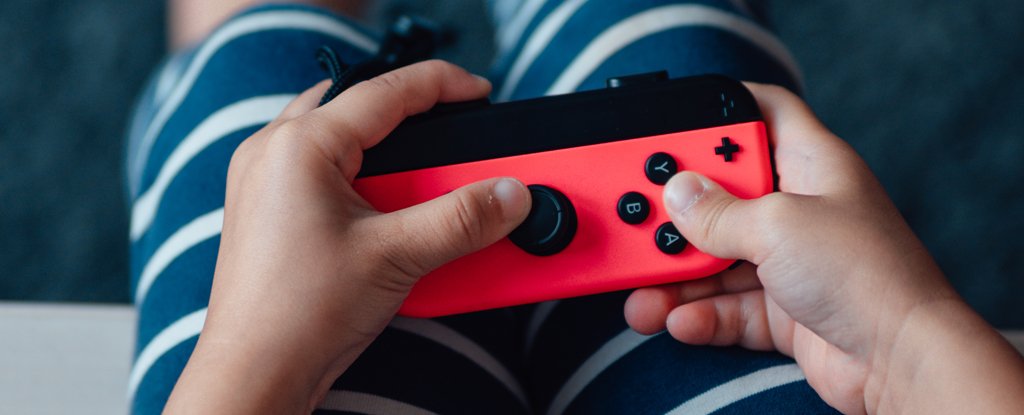Video Games and Cognitive Development: A Surprising Connection
Researchers have recently sparked a lively debate by linking increased video game playtime with a modest boost in intelligence among children. This finding runs counter to the prevalent narrative that gaming has adverse effects on young minds. So, what does this mean for parents and educators alike?
A New Perspective on Gaming
The study in question, conducted in 2022, delves into the cognitive effects of digital media on children aged 9 to 10. Researchers from the Netherlands, Germany, and Sweden meticulously analyzed data while accounting for various factors such as genetics and socioeconomic background—elements often overlooked in similar research.
Methodology and Findings
The team examined screen time records for nearly 10,000 kids participating in the ABCD Study, a comprehensive long-term assessment of child brain development in the U.S. On average, these youngsters dedicated 2.5 hours to watching television or online videos, 1 hour to playing video games, and about 30 minutes socializing online.
After two years, the findings indicated that children who engaged more frequently with video games experienced an increase of approximately 2.5 IQ points above the average rise, particularly in tasks involving reading comprehension, visual-spatial processing, and cognitive flexibility. While this number may seem small, it opens the door for further exploration into how gaming could play a role in developing cognitive abilities.
Screen Time and Intelligence
Interestingly, the study found that activities like watching TV and using social media did not yield significant cognitive benefits or detriments. This notion challenges the common perception that screen time is predominantly harmful. The researchers assert that excessive screen time in general does not impair a child’s cognitive development—a refreshing takeaway for both parents and educators navigating the complexities of digital media consumption.
The Role of Genetics
A noteworthy aspect of the research is the emphasis on genetics. The paper mentions that accounting for genetic predispositions could refine our understanding of the causal relationships between gaming and intelligence. As the researchers note, studies incorporating genetic data might lead to clearer conclusions about how certain activities contribute to cognitive skill development.
Insights from a Neuroscientist
Neuroscientist Torkel Klingberg from the Karolinska Institute in Sweden emphasized that their results lend credence to the idea that screen time does not necessarily hinder cognitive abilities in children. He pointed out that interactions with video games might even boost intelligence—an idea that warrants serious consideration amid ongoing debates about screen time guidelines.
Limitations of the Study
It’s crucial to recognize that this study does have limitations. It only focused on children in the U.S. and didn’t differentiate between types of video games—such as mobile versus console. Additionally, the researchers did not examine the impact of screen time on physical health, sleep, or academic performance, leaving unanswered questions that could prove vital in future research.
Broader Implications for Future Research
The researchers aim to further investigate how environmental factors influence cognitive development, alongside ongoing studies of childhood brain development. As they seek to unravel the intricacies of how digital media affects young minds, the insights gained may help in establishing more holistic guidelines for screen time.
The Ongoing Debate
As the conversation surrounding the impact of video games on cognitive development continues, it becomes increasingly clear that the relationship is anything but black and white. With a growing body of evidence suggesting that video games can have cognitive benefits, the discussion is shifting away from solely focusing on moderation toward a more nuanced understanding of how various types of screen time contribute to or detract from child development.
The Possibility for Change
This research adds a layer of complexity to the evolving attitudes toward gaming. As the narrative develops, parents, educators, and policymakers alike may find themselves reconsidering their positions on how much screen time is appropriate for the younger generation. Rather than viewing video games as mere distractions, there’s potential to shift the discourse towards the possible benefits of gaming and how it can be harnessed for educational value.
By shedding light on the cognitive effects of video games, this study encourages a reassessment of how society views technology in the lives of children. It’s not simply about limiting screen time but understanding and maximizing its potential for fostering intelligence and creativity in the digital age.



